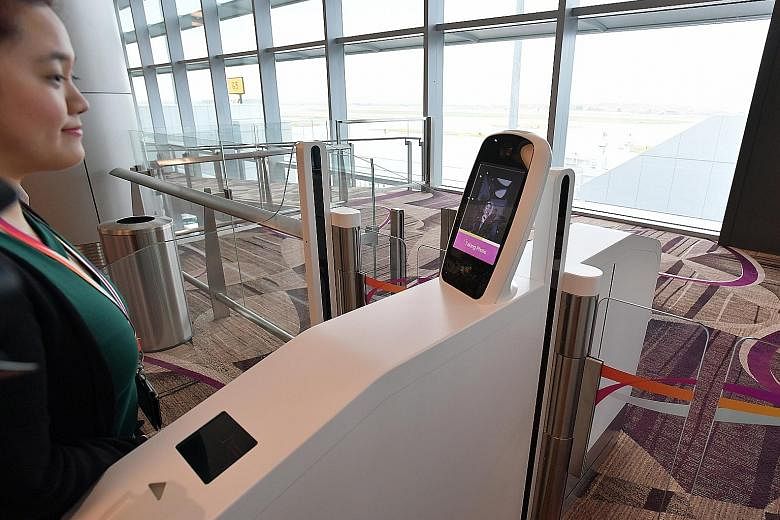Singapore will provide incentives to encourage more key submarine cables to be routed here, so users can still access the Internet in the event that undersea cables are cut by natural disasters like typhoons.
Communications and Information Minister Yaacob Ibrahim said this yesterday in response to Dr Tan Wu Meng (Jurong GRC), who asked what redundancies are in place to keep the lights on in a Smart Nation - even when natural disasters strike.
Dr Yaacob noted that Singapore owes its international connectivity to the fact that it houses some 19 cable systems linked to more than 33 countries and key content hubs such as China, Europe, Japan and the United States.
This diversity and redundancy helped Internet users in Singapore escape severe slowdowns and disruptions after typhoons hit Hong Kong and Macau in August and damaged several undersea cables.
Countries like Australia, Vietnam and the Philippines were affected, but Singapore managed to reroute traffic through undamaged cables, said Dr Yaacob.
Back in December 2006, an earthquake in Taiwan cut a key cable system - the SEA-ME-WE3 - affecting Internet users in Singapore.
Following that incident, local broadband operators have ensured that new cable systems avoid the earthquake-prone areas near Taiwan and Japan, Dr Yaacob said.
New cable systems are also designed in a ring connecting South-east and East Asian economies so that cuts in one part do not affect the remaining part of the ring, he added.
On the domestic front, fixed-line and mobile broadband operators have to audit their systems and meet minimum standards for service availability, as spelt out in the Infocomm Media Development Authority's (IMDA) Telecom Service Resiliency Code.
For instance, a loss of 70 per cent or more of a telco's Internet bandwidth may result in a fine ranging from $15,000 to $270,000 for every 30 minutes of outage. The maximum fine is $1 million or 10 per cent of a licensee's annual turnover.
"We will work closely with the industry to ensure that these regulations remain appropriate, effective and up to date," said Dr Yaacob.
Mr Saktiandi Supaat (Bishan-Toa Payoh GRC) wanted to know if local businesses are using big data to increase their competitiveness.
In response, Dr Yaacob cited a study by the Committee on the Future Economy which showed about a third of businesses have not adopted data analytics, and 80 per cent have not adopted artificial intelligence (AI) technologies.
To raise awareness and address privacy concerns over data sharing, IMDA will bring companies together to solve common business problems by analysing shared data, he said. Details of the effort under the Data Innovation Programme Office are being finalised.
Ms Tin Pei Ling (MacPherson) asked for updates on Singapore's national digital identity project.
Senior Minister of State Janil Puthucheary said the Government is exploring the use of biometric technologies like facial recognition for identification and authentication.
"We are particularly interested in form factors that make it convenient for the elderly, the young and the disabled," he added.


